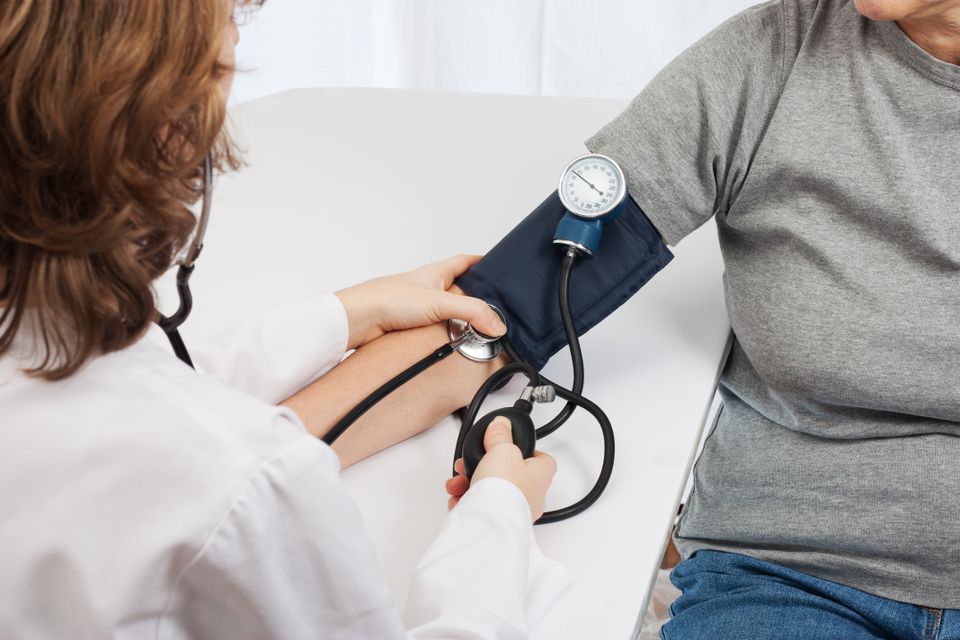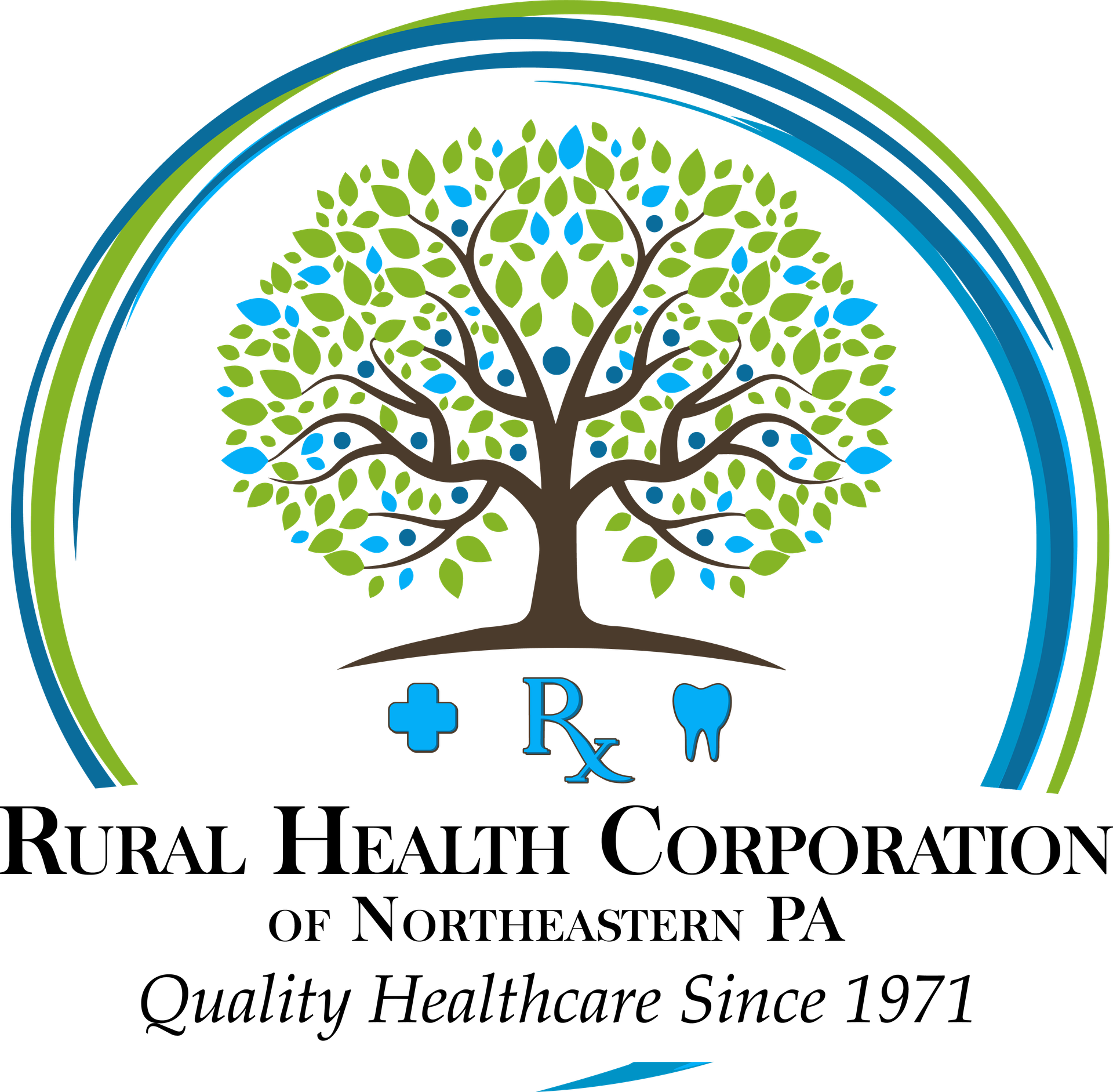
Primary Care Services
- Adult primary care services including sick and well visits.
- General pediatric services include well-baby and well-childcare, childhood immunizations, school/sports physicals, vision and hearing screenings, and illness diagnosis and treatment. Special attention is provided to ensuring proper immunizations, education related to baby bottle tooth decay, and fluoride delivery.
- General health education includes nutrition, counseling, exercise planning/implementation, tobacco use cessation, and child and adolescent dental education at local schools and well/ preventative programs.
- Prenatal care, gynecology, and reproductive health/family planning.
- Geriatric clinical care services.
- Referrals to local hospitals for emergency medical services when applicable.
- Twenty-four-hour coverage.
- Preventive health services include screenings for cancer, hypertension, diabetes, cholesterol, elevated blood lead level, communicable disease screenings, STDs/HIV, and others.
- General immunizations to include participation in the Vaccines For Children (VFC) program.
Laboratory and Radiology Services
Rural Health Corporation staff conducts onsite labs and dental radiology services. For services not available onsite, Rural Health Corporation contracts with outpatient diagnostic centers and hospitals.
